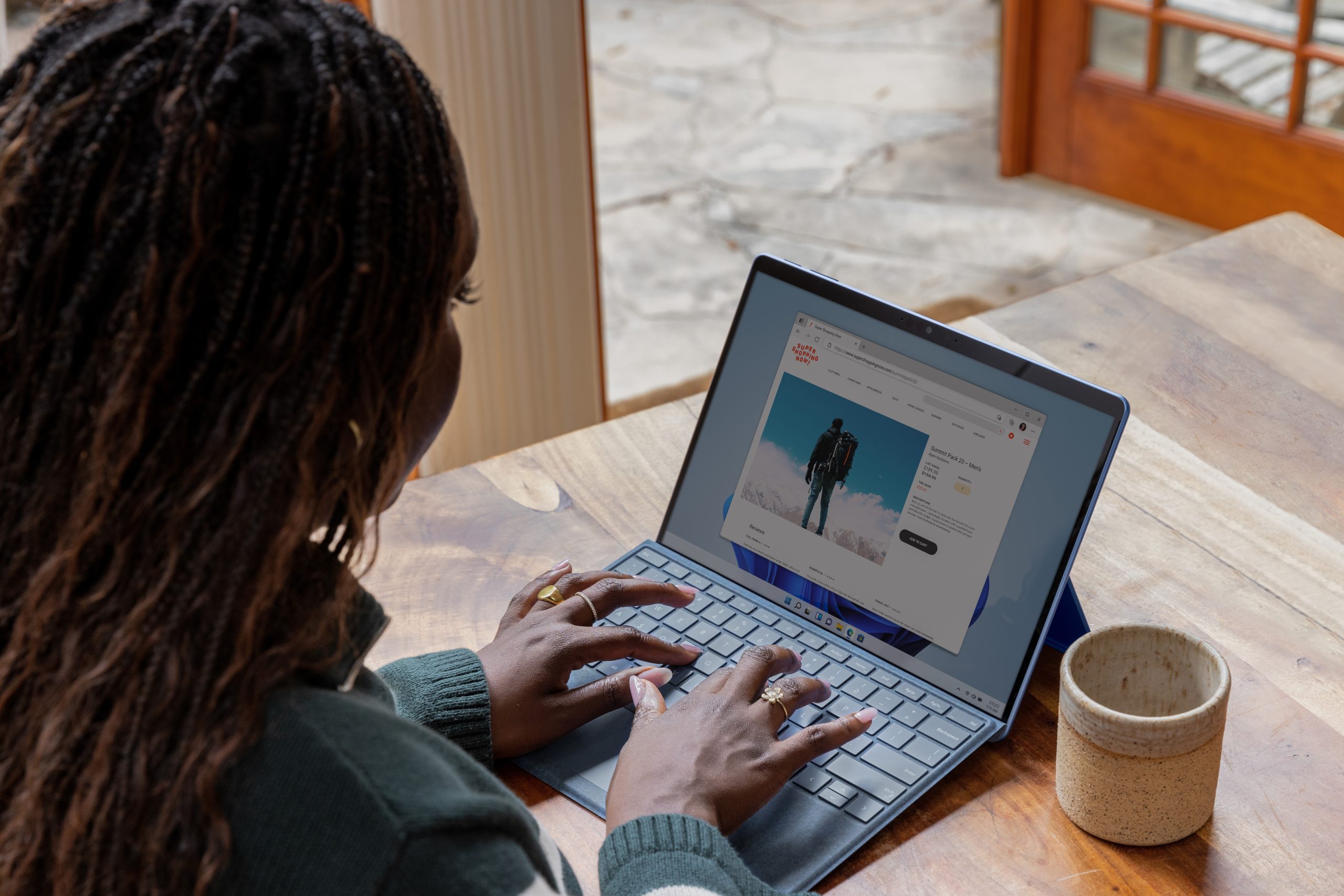In the digital age, where our lives are increasingly intertwined with the internet, safeguarding our online privacy has become paramount. With the surge in cyber threats, data breaches, and surveillance, internet users must take proactive measures to protect their sensitive information. One such indispensable tool in the arsenal of online privacy is a Virtual Private Network (VPN). In this article, we’ll delve into the world of VPNs, understanding how they work, and why they’re essential for ensuring a secure online experience.
What is a VPN?
A Virtual Private Network, or VPN, is a technology that creates a secure and encrypted connection between your device (such as a computer, smartphone, or tablet) and a remote server. This server could be located anywhere in the world. By doing so, a VPN establishes a private network over the public internet, allowing users to send and receive data securely. There are different VPN services you can get for your device. Some people decide to wait for vpn black friday deals as there is a better chance to get a VPN service that will help you stay safe while browsing the internet.
How Does a VPN Work?
When you connect to a VPN, your internet traffic is encrypted, which means it’s converted into a code that’s nearly impossible for unauthorized entities to decipher. This encryption acts as a shield, protecting your data from potential eavesdroppers or cybercriminals. Additionally, the VPN server acts as an intermediary between your device and the websites or online services you visit, masking your real IP address.
The Role of VPNs in Safeguarding Online Privacy
1. Anonymous Browsing
A VPN conceals your IP address, making it appear as though you’re browsing from the location of the VPN server. This anonymity helps protect your identity and location from prying eyes.
2. Securing Public Wi-Fi Connections
Public Wi-Fi networks, while convenient, are notorious for their lack of security. A VPN encrypts your connection, safeguarding your data from potential eavesdroppers on unsecured networks.
3. Bypassing Geo-Restrictions
Many online services and websites implement geo-restrictions, limiting access based on your location. A VPN allows you to bypass these restrictions by connecting to a server in a different region.
4. Preventing Tracking and Profiling
Advertisers and online trackers often monitor your online activities to create targeted advertisements. A VPN disrupts this tracking by masking your real IP address and encrypting your internet traffic.
5. Enhancing Online Security
In addition to privacy, a VPN provides an extra layer of security. It safeguards your data from cybercriminals, especially when using unsecured networks.
Choosing the Right VPN
When it comes to selecting a VPN service, there are several important factors to consider:
1. Security Features
Look for a VPN with robust encryption protocols, a no-logs policy, and additional security features like a kill switch and malware protection.
2. Server Network
A diverse network of servers in various locations allows you to bypass geo-restrictions and ensures stable and fast connections.
3. User-Friendly Interface
A well-designed and easy-to-use VPN client will enhance your overall experience.
4. Customer Support
Opt for a VPN provider that offers responsive customer support, ideally through multiple channels like live chat, email, and phone.
5. Compatibility
Ensure that the VPN is compatible with the devices and operating systems you use.
In today’s digital landscape, where online privacy is increasingly under threat, a VPN serves as a powerful tool to safeguard your sensitive information and ensure a secure online experience. By understanding how VPNs work and their vital role in protecting your privacy, you can take control of your digital footprint and enjoy a safer, more private internet experience. Remember to choose a reputable VPN service that aligns with your specific needs and preferences.

